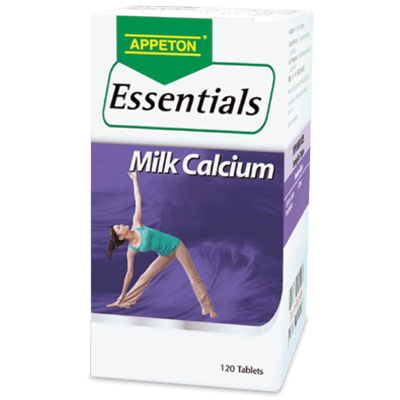Bones for Bond
"Grandpa! Grandpa!" came the excited call across the park. The sheer delight in the voice of his energetic grandchild was enough to bring a smile to the old man's face. "Carry me high, Grandpa! I want to touch the sky!" the young one exclaimed, arms outstretched, ready for an adventure. Grandpa's heart swelled with love, and he would have liked nothing more than to hoist the child up into the air, letting her soar.
Yet, he hesitated. A quiet voice in his head reminded him of the fragile bones that had become his companions in his golden years.
As we age, our bone mass naturally decreases and becomes more susceptible to fractures and breaks, a condition known as osteoporosis (Figure 1(a)). Grandpa knew this all too well, and it made him wary of engaging in activities that, not too long ago, were second nature to him.
Our bones are living tissue that breaks down and rebuilds themselves, and their health depends on the stored minerals - the more minerals they have, the stronger and healthier they are. The body accumulates more minerals than it uses from birth to young adulthood, and most people achieve peak bone mass around the age of 25-30, after which it slowly declines with age1 (Figure 1 (b)). It is for this reason that regaining bone mass in older age is challenging because bone loss is already taking place as part of the ageing process.


Figure 1(a) Osteoporosis is a disease that weaken our bones and it happens when bone mass loss is greater than bone reformation. (b) Bone mass in men and women as it relates to age.
Building strong bones is a lifelong commitment, so we must take care of our bone health from an early age. Calcium, a vital mineral for maintaining bone health, is like the love that binds families together - it combines with other minerals to form hard crystals giving bones strength and structure. Our bodies can't produce calcium on their own, so the only way our body gets calcium is through diet or supplements. Most adults need 1,000 milligrams of calcium per day. Women who are older than 50 years of age need 1,200 milligrams2. Dark leafy green vegetables, dairy products, and salmons are healthy sources of calcium.
For those who are lactose intolerant or have difficulty meeting their calcium requirements through food, calcium supplements can be an effective alternative. Appeton Essentials Milk Calcium is one such solution dedicated to providing the essential calcium needed for maintaining strong and dense bones. Moreover, it is formulated with organic-based calcium lactate, which offers a greater advantage. Even though it contains a lower amount of elemental calcium ions, it is more efficiently absorbed and provides 3.5 times more usable calcium to the human body compared to calcium carbonate3. Grandpa certainly wouldn't want to burden his kidneys with excess calcium intake.
The bond between grandparents and grandchildren is a treasure beyond measure. Bones for Bond - Let's remember that it's never too late to start caring for our bone health and ensure we have the physical capability and strength in our golden years to create lasting and meaningful connections and memories with our loved ones.

Learn more: APPETON ESSENTIALS MILK CALCIUM
References:
- Betts et al. (2022). In Anatomy and Physiology. OpenStax, Rice University.
- Institute of Medicine. 2011. Dietary Reference Intakes for Calcium and Vitamin D. Washington, DC: The National Academies Press. https://doi.org/10.17226/13050.
- Shieh et al. (2003). Calcium bioavailability of calcium carbonate and calcium lactate supplements. Nutritional Sciences Journal, 28(1), 34-40.
